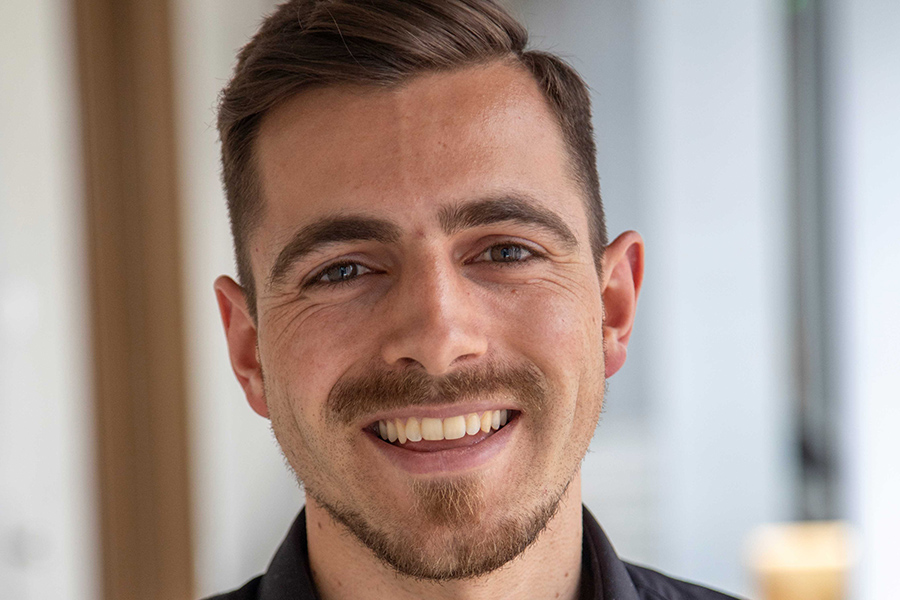Sometimes the ideas Luca Sigrist encounters in his work go far beyond what’s generally conceivable. For example, the proposal to develop data centers based on living organisms. This approach was presented by representatives of the bio-tech startup “Grown Your Own Cloud” at an event held by the Gottlieb Duttweiler Institut (GDI). The startup wants to use genetic engineering to store digital data in the DNA of plants which in turn generate energy and absorb CO2. Could this “Data Garden” represent the green future of data storage?



